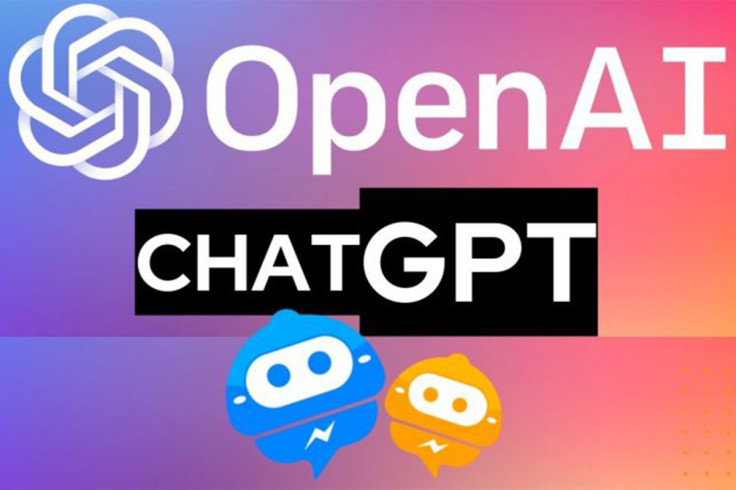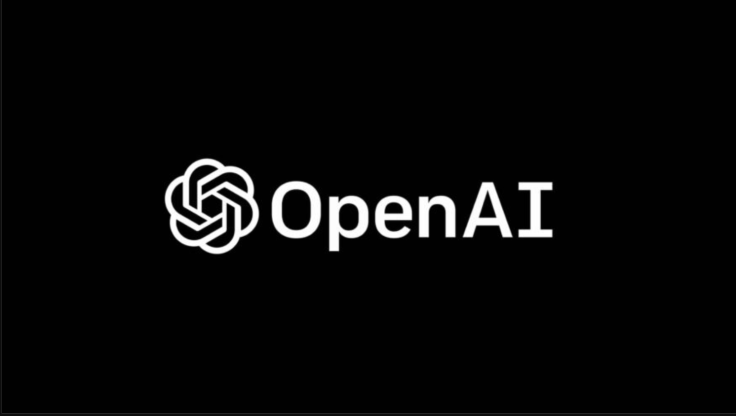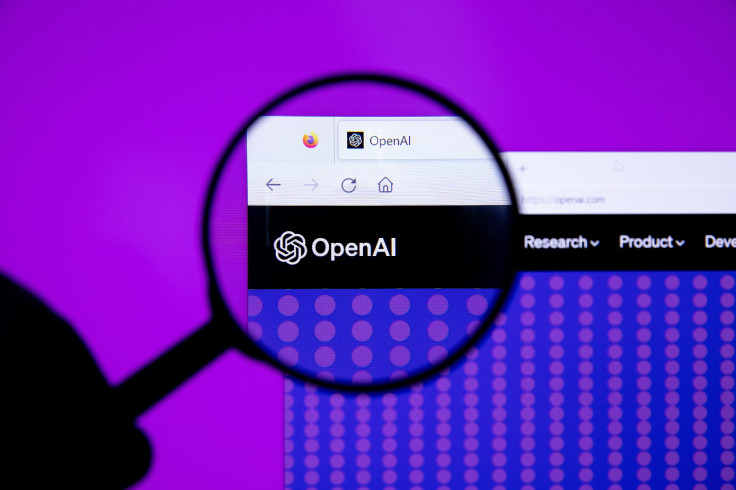ChatGPT-5 Scared Its Own CEO: Features, Release Date, and Everything You Need to Know About New Model
Comparing it to the Manhattan Project, Altman described a moment of reflection shared by many scientists throughout history

OpenAI's GPT-5 has finally arrived, and it's already being hailed as the most anticipated AI model in history.
Released on 7 August, the newest model promises faster responses, expert-level knowledge, and safer, more reliable interactions. GPT-5 is a leap forward in AI capability. However, it hasn't come without controversy: CEO Sam Altman has openly admitted that GPT-5's power and autonomy gave him pause, comparing its development to the 'Manhattan Project', which was a moment of both awe and anxiety about what they've unleashed.
Here is a breakdown GPT-5's key features and why even its creators have raised concerns.
What Makes GPT-5 Different?
OpenAI describes GPT-5 as smarter, faster, more useful, and more accurate than previous models, with a significantly reduced hallucination rate (AI's tendency to generate false information). Here are the main highlights:
Model Variants:
GPT-5 (standard) is available to all users.
GPT-5-mini, a lightweight, faster variant, is also available to free users.
GPT-5-nano is an even smaller, cheaper model accessible via API.
GPT-5-pro and GPT-5-thinking are exclusive to the $200/month Pro tier, offering unlimited access and enhanced reasoning capabilities, including longer query processing.

GPT-5 also has an improved context window, which can handle up to 256,000 tokens in a single session, up from 200,000 tokens in previous models. This means it can maintain context through much longer conversations or documents without losing track.
GPT-5 excels in coding benchmarks, outperforming previous models in bug fixes, multi-language programming, and freelance-style tasks. It can act as an expert collaborator for software development.
When it comes to API pricing, developers can pay $1.25 (£0.93) per million input tokens and $10 (£7.45) per million output tokens for GPT-5. The mini and nano variants offer cheaper alternatives, making GPT-5 accessible across different budgets.
Why Did GPT-5 Scare Sam Altman?
While GPT-5 has been praised for its intelligence and versatility, its creation has also sparked unease, even from the people who made it.
OpenAI CEO Sam Altman, known for his enthusiasm about the future of AI, admitted he felt a deep sense of worry during GPT-5's development. Comparing it to the Manhattan Project, which was a catastrophic event for Japan and changed the trajectory of atomic war between the two nations, Altman described a moment of reflection shared by many scientists throughout history. He said there were moments where the team collectively asked, 'What have we done?'

This isn't just drama for effect. Altman's concern stems from how fast AI is evolving, potentially outpacing the safeguards meant to keep it in check. GPT-5's ability to carry out long, multi-step tasks, make independent decisions, and use external tools or APIs on its own signals a shift toward greater autonomy. According to experts, this rising complexity makes the system harder to predict and control.
While Altman remains optimistic that advanced AI could help prevent existential disasters rather than cause them, he acknowledged the growing concern amongst many about the distant future in which tools get smarter faster than society is getting ready for them.
How is GPT-5 Safer and More Reliable?
Despite the risks, OpenAI has worked aggressively to make GPT-5 safer and more trustworthy than its predecessors. According to the company, over 5,000 hours of rigorous adversarial testing went into its development, along with collaboration from external researchers. These efforts led to several important safety upgrades across all GPT-5 tiers, especially the advanced GPT-5-thinking version.

One of the most significant improvements is a 65% reduction in hallucinations, or false outputs, compared to previous models like GPT-4o and o3. In other words, GPT-5 is more likely to give factual, reliable answers.
Although these measures aren't perfect, they represent a substantial shift toward more ethical, controlled AI behaviour and a model.

While it's too early to say that the new model come without flaws since the reviews are still coming in but one thing is clear whether its a casual user, developer, or business, GPT-5's arrival signals a new era for AI.
© Copyright IBTimes 2025. All rights reserved.





















